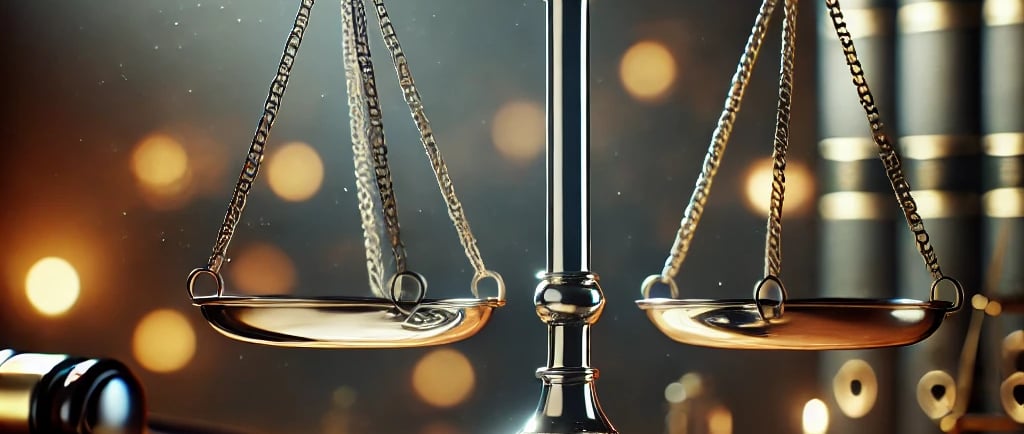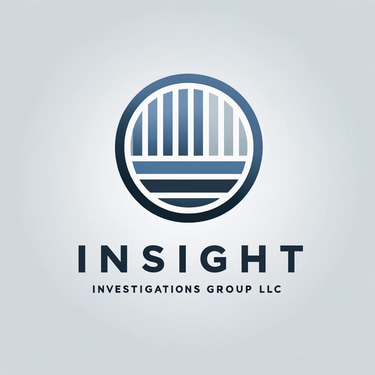Private Investigator Tips: How to Gather Evidence Legally
Discover essential tips for private investigators on how to gather evidence legally. Learn about legal boundaries, effective surveillance services, background checks, fraud investigations, and more. Ensure your evidence is admissible and your methods are compliant with this comprehensive guide.
PRIVATE INVESTIGATION SURVEILLANCE FLORIDA TIPS EVIDENCE COLLECTION


Introduction
Gathering evidence is a fundamental aspect of private investigation. However, ensuring that the evidence is obtained legally is crucial to maintaining its admissibility in court and upholding professional integrity. Illegal evidence collection can lead to severe consequences, including the dismissal of critical evidence, legal repercussions for the investigator, and damage to a client's case. This article aims to provide practical tips for private investigators on how to gather evidence legally, ensuring the process is both effective and compliant with legal standards.
Understanding Legal Boundaries
Before diving into the methods of evidence collection, it's essential to understand the legal boundaries that govern this process. Evidence, in legal terms, refers to any material that can be presented in court to support or dispute a fact in question. This includes physical objects, digital data, and testimonies.
Privacy laws and regulations vary by jurisdiction but generally aim to protect individuals' rights from invasive practices. As a private investigator, it's crucial to stay informed about these laws and always obtain consent when necessary. For instance, recording a conversation without the other party's consent can be illegal in many regions.
Types of Evidence
Private investigators gather various types of evidence, each with its own set of legal considerations:
Physical Evidence: Tangible objects such as documents, personal belongings, or tools used in a crime.
Digital Evidence: Data from electronic devices, including emails, text messages, social media activity, and digital footprints.
Testimonial Evidence: Statements from witnesses or involved parties, either written or recorded.
Surveillance Evidence: Video or photographic evidence obtained through observation.
Legal Methods for Gathering Evidence
Conducting Interviews and Interrogations
Preparing for an Interview
Effective interviews require thorough preparation. Start by researching the subject and conducting background checks. Develop a list of questions that will elicit the necessary information without leading the interviewee.
Conducting the Interview
Building rapport with the interviewee is crucial. A comfortable subject is more likely to provide useful information. Always record the interview legally, ensuring you have obtained explicit consent to avoid any legal pitfalls. For example, in one case, obtaining a signed consent form before recording an interview protected the evidence's integrity and ensured it was admissible in court.
Surveillance Techniques
Surveillance is a common method used by private investigators, but it must be conducted within legal parameters. Ensure you understand the legal considerations for surveillance services in your jurisdiction. For example, trespassing on private property to obtain footage can render the evidence inadmissible.
Tips for Covert Surveillance
When conducting surveillance, use discretion and maintain a low profile. Use high-quality equipment to capture clear evidence without attracting attention. In a real-life case, a private investigator successfully documented insurance fraud by maintaining a safe distance and using a long-range camera, ensuring the subject was unaware of being observed.
Digital Evidence Collection
With the rise of technology, digital evidence has become increasingly important. However, collecting this type of evidence must comply with cyber laws.
Tools and Techniques for Digital Forensics
Use specialized tools designed for digital forensics to extract and analyze data. Ensure you have the necessary legal authorization before accessing someone's electronic devices. In a notable case, digital evidence played a crucial role in uncovering a fraud investigation, where careful extraction of emails and financial records led to a successful conviction.
Physical Evidence Collection
Proper handling and documentation of physical evidence are essential to maintaining its integrity.
Chain of Custody
Document every step of the evidence collection process to establish a clear chain of custody. This includes noting who collected the evidence, when and where it was collected, and how it was stored. For instance, in a crime scene investigation, meticulous documentation ensured that the physical evidence remained untainted and was ultimately instrumental in securing a conviction.
Working with Legal Professionals
Collaboration with Attorneys
Private investigators often work closely with attorneys. Understanding attorney-client privilege is vital, as it protects communications between the investigator and the attorney. When presenting evidence to attorneys, ensure it is well-organized and clearly documented.
Court Appearances
When called to testify in court, preparation is key. Familiarize yourself with legal protocols and present your findings clearly and professionally. For example, an investigator's well-prepared testimony in a custody case helped the court reach a fair decision, emphasizing the importance of thorough preparation.
Ethical Considerations
Maintaining Integrity
Upholding ethical standards is crucial in private investigation. Avoid conflicts of interest and always act in the client's best interest. Adhering to a code of ethics not only protects your reputation but also ensures the evidence collected is credible and reliable.
Protecting Client Confidentiality
Confidentiality is paramount in private investigation. Ensure that all client information is securely stored and only shared with authorized parties. In a real-life example, a private investigator's commitment to confidentiality protected a client's identity during a sensitive investigation, reinforcing trust and professionalism.
Conclusion
Gathering evidence legally is not just a legal requirement but a professional obligation for private investigators. By understanding and adhering to legal boundaries, using proper methods for evidence collection, and maintaining high ethical standards, investigators can ensure their work is both effective and admissible in court. Continuous education on legal updates and best practices is essential to staying compliant and delivering the highest quality of service to clients.


